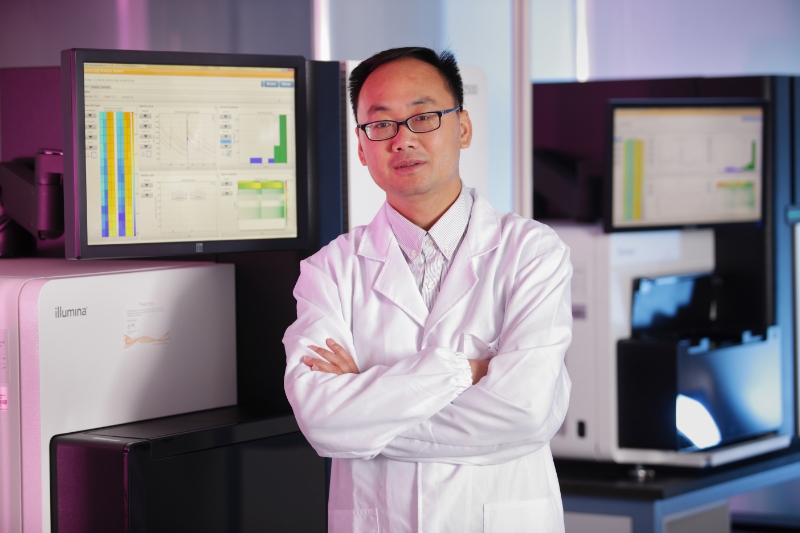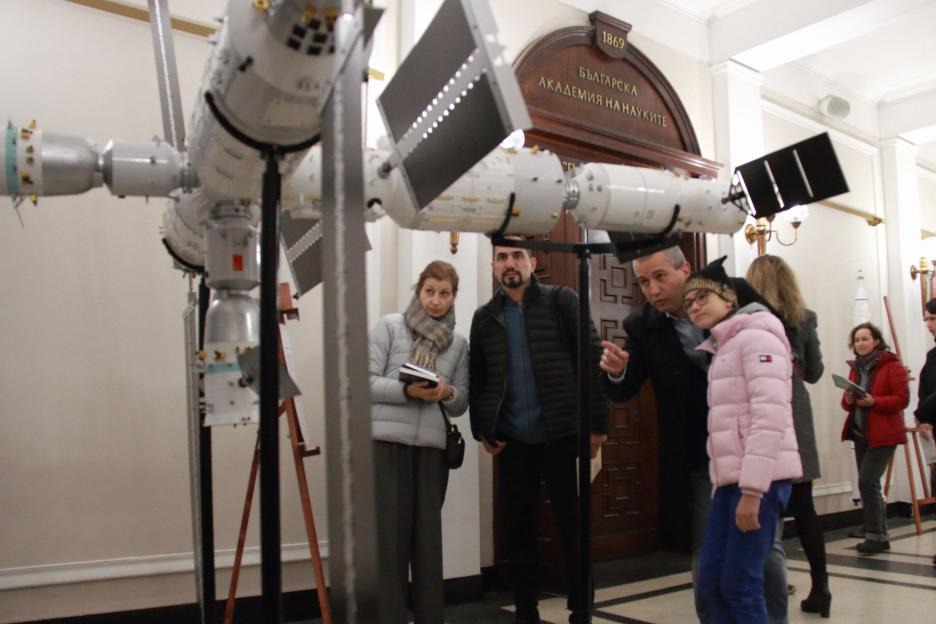Chinese and other global scientists jointly solve genetics mystery of Mendel's peas


These accessions were introduced into China after 2019 and grown in both southern and northern regions. Cheng and his team then conducted detailed trait analysis and built a high-resolution genetic variation map, which led to the identification of the previously unknown genetic variants.
"Mendel discovered what we now call the laws of inheritance without knowing what a gene was," said Cheng. "Today, using modern tools, we can see the exact genes — and the precise mutations — that he unknowingly tracked."
Researchers also analyzed more than 70 additional agronomic traits and linked them to thousands of genetic markers.
The resulting genomic resources could help breeders use AI-powered predictive models to accelerate the development of improved pea varieties and introduce useful genetic traits from wild and traditional strains, Cheng said.
- Employee sorry for leaking pop star's rehearsal clips
- Shanghai ready for 2025 version of E-sports Masters
- New 'eco-police' system to be set up by 2027
- Hebei cooperative's cabbage proving a hit across China
- Kunming rail accident spurs safety overhaul nationwide
- Embroidery proving major draw at bustling Guizhou market





































